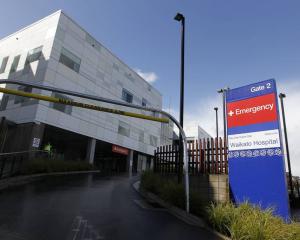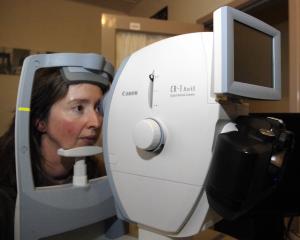
Wakatipu Health Trust project manager Maria Cole appealed to the council to provide the trust with an annual grant of $50,000 for administration.
Ms Cole said the trust had been funding itself "with great difficulty" but was fundraising to conduct a high-level needs assessment for Queenstown.
She recommended the trust and council form a memorandum of understanding and council's social and wellbeing strategy focus on the provision of secondary health services.
The trust was a non-profit charity established to improve public health services in the resort and owned over $160,000 worth of equipment at Lakes District Hospital on behalf of the community. It also owned the Wakatipu Primary Health Organisation, she said.
Ms Cole said health was neglected by the council's 10-year plan and the Queenstown community was "severely shortchanged".
"It is frightening that the fastest-growing region's hospital services are slowly being amputated."
Queenstown was the tourism capital of New Zealand but if a large-scale tragedy was to occur in Queenstown, it was ill-equipped and lacked the basic needs of a modern hospital, she said.
It was an "embarrassment" that vital health services were two hours away from the resort by ambulance.
"The past five years has seen a decline in health services in Queenstown and a significant underfunding by the DHB for hospital services, and it is clear that unless this trend can be reversed, it places the overall community goal in jeopardy," she said.
She said Lakes District Hospital was fully owned, managed and funded out of Invercargill, with the community having no direct control or influence.
"Secondary health services in Queenstown have been severely underfunded for some years on a per capita basis compared to other regions.
"Much of the funding is retained by Invercargill to encourage Queenstown patients to rely on Kew Hospital for many of the services that should be provided within our own community," she said.
Declining services included lack of hospital beds for the elderly and maternity services.
She said 43 families had left the area in the past five years because of inadequate elderly care and a further 59 families were planning to leave over the next five years.











